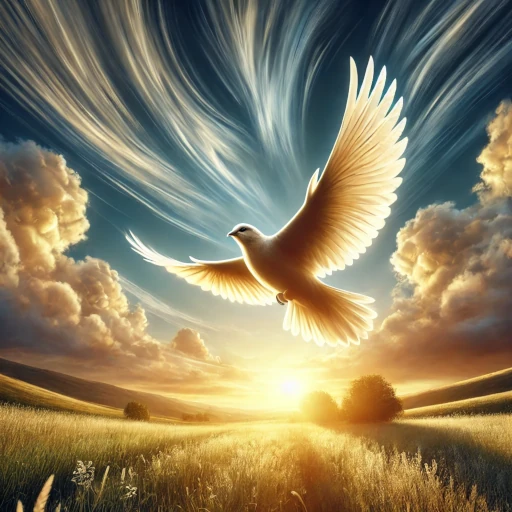“The names of Dingane and Bambata, Hintsa and Makana, Squngthi and Dalasile, Moshoeshoe and Sekhukhuni, were praised as the glory of the entire African nation. I hoped then that life might offer me the opportunity to serve my people and make my own humble contribution to their freedom struggle.”

- July 18, 1918 – December 5, 2013
- Born in South Africa
- Politician, lawyer
table of contents
Quote
“The names of Dingane and Bambata, Hintsa and Makana, Squngthi and Dalasile, Moshoeshoe and Sekhukhuni, were praised as the glory of the entire African nation. I hoped then that life might offer me the opportunity to serve my people and make my own humble contribution to their freedom struggle.”
Explanation
In this quote, Nelson Mandela reflects on the historical African leaders who played pivotal roles in resisting colonialism and fighting for the freedom of their people. By invoking the names of figures such as Dingane, Bambata, Hintsa, and others, Mandela is acknowledging the rich history of resistance and leadership in Africa. These figures, often leaders of indigenous African kingdoms and movements, stood up against the encroaching forces of colonialism and imperialism, leaving legacies of defiance and courage. Mandela’s mention of these leaders serves as a reminder of the deep rootedness of Africa’s resistance to oppression and the importance of honoring those who have fought for freedom long before the apartheid era.
Mandela’s hope to contribute to the freedom struggle of his people connects to his broader vision of African liberation. By placing himself within the lineage of these historic figures, he sees his role as part of a broader, intergenerational struggle for political and social liberation. This is particularly significant given that Mandela’s own involvement in the anti-apartheid movement was driven by a sense of responsibility to continue the work of those who came before him. His desire to serve his people in this way reflects his commitment to a collective struggle for freedom, where the individual is part of a much larger narrative of liberation and self-determination.
In modern times, this quote resonates with the ongoing struggle for African unity and self-determination across the continent. Leaders like Mandela are still seen as part of a long continuum of those who have resisted colonialism and imperialism, and their contributions continue to inspire movements for political independence, economic justice, and social equality. The reference to historical figures also reminds us of the importance of recognizing the legacies of resistance that have shaped the course of African history. Mandela’s words urge future generations to honor these legacies while continuing the struggle for freedom, dignity, and human rights in Africa and beyond.
Would you like to share your impressions or related stories about this quote in the comments section?


